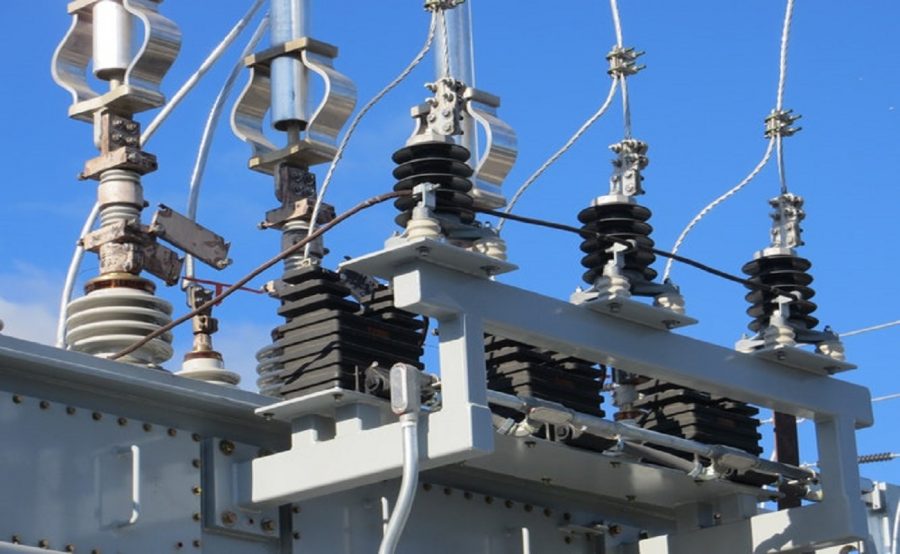The Managing Director of Shell Nigeria Exploration and Production Company (SNEPCo), Bayo Ojulari has said 70 per cent of Nigerian households, including Small and Medium Enterprises (SMEs) have less than four hours of electricity per day.
Ojulari said Nigeria would need between 30 to 175GW (Gigawatt) of electricity at a cost of between $40 to $200 billion to address the energy gap. He disclosed this during a presentation at the recently concluded 2019 Society of Petroleum Engineers (SPE) Oloibiri Lecture Series and Energy Forum in Abuja.
Ojulari was speaking on “Nigeria’s Energy Security: Opportunities, Present Threats and Key Solution Pointers” when he mentioned the estimated number of households that experience less than four hours of electricity per day.
What Fashola said: Babatunde Fashola had said, during a Channels Television interview in March, that some states are now experiencing 24-hours power supply, with particular reference to the Northern part of Nigeria. This, he said, is due to the rising generation capacity.
Though the Power Minister didn’t quantify the percentage of households experiencing improved power supply, the number cited by Ojulari is significantly high compared to what Fashola had said.
Ojulari’s statement raises concern regarding the true state of Nigeria’s power sector, which most Nigerians often rate poor but the Federal Government has always claimed to have improved since the President Muhammadu Buhari-led administration came into office in 2015.
Challenges facing power supply in Nigeria: While speaking at the forum, Ojulari blamed the supply gap on the fact that 70 per cent of the country’s installed generation capacity was lost before it reached the customers.
Why the lost occurs: In Ojulari’s assertion, ageing equipment, maintenance systems and culture, as well as insufficient funding are factors that contribute to the losses of the country’s installed generation capacity.
The implication for the economy: As generally acknowledged, Ojulari joined in echoing that unstable and lack of power supply is the cause of the poor economic growth, health, education, insecurity, agriculture, unemployment and food security.
